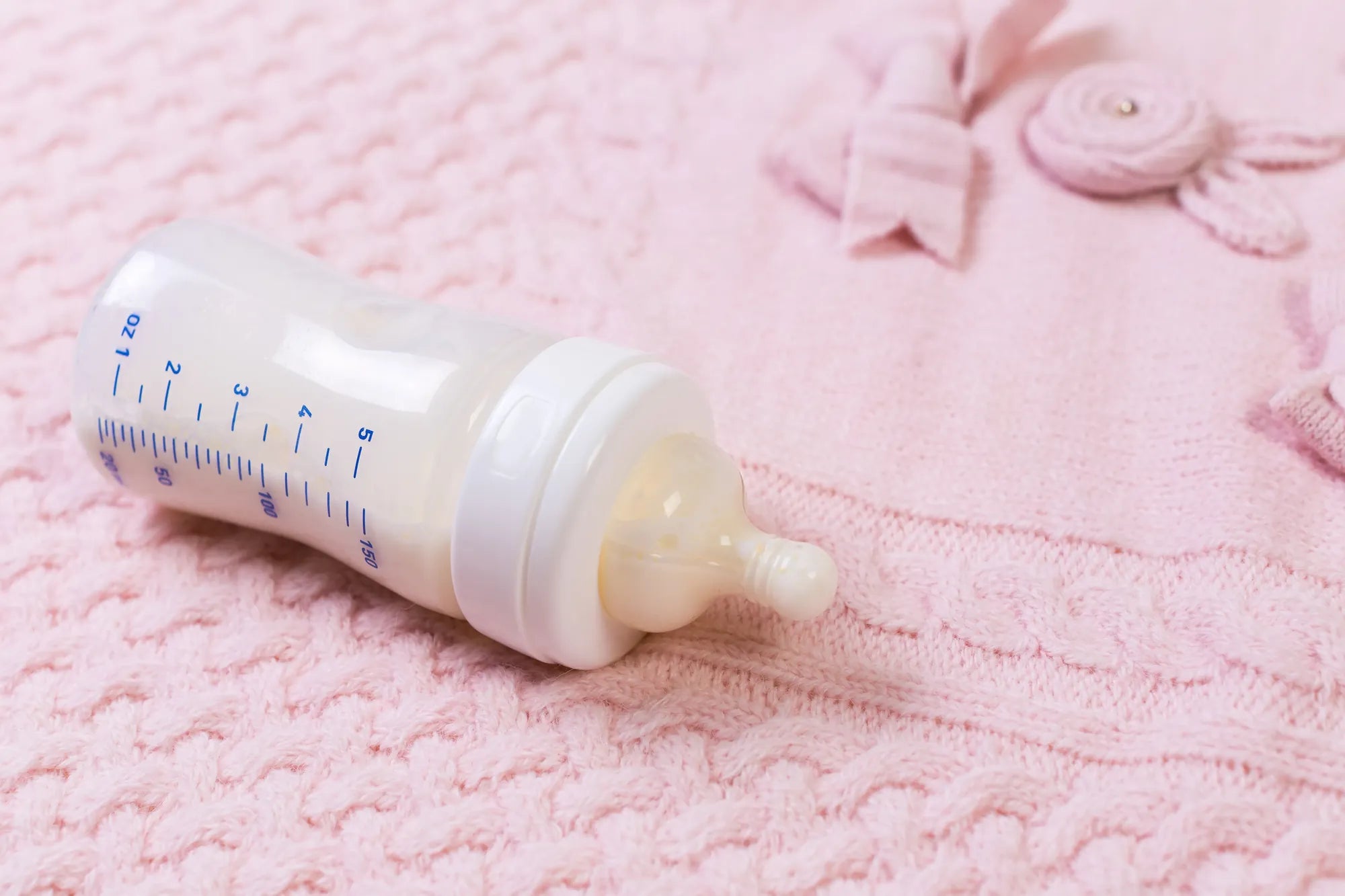Home
Pregnancy, Breastfeeding, and Pumping: The Ultimate Guide for Moms
How Long Can You Go Without Pumping Your Breast

How Long Can You Go Without Pumping Your Breast
Breastfeeding and pumping are essential aspects of motherhood, but many mothers wonder how long they can go without pumping their breast. Whether you're returning to work, taking a break, or managing a busy schedule, understanding the implications of skipping pumping sessions is crucial for your health and your baby's well-being.
Understanding Breast Milk Production
Breast milk production operates on a supply-and-demand basis. The more frequently you nurse or pump, the more milk your body produces. Conversely, skipping pumping sessions can signal your body to reduce milk production. This process is regulated by hormones like prolactin and oxytocin, which respond to the stimulation of your breasts.
Factors That Influence How Long You Can Go Without Pumping
Several factors determine how long you can go without pumping your breast:
- Your Baby's Age: Newborns require frequent feeding, so skipping pumping sessions in the early months can significantly impact milk supply. As your baby grows and starts consuming solid foods, you may have more flexibility.
- Your Milk Supply: If you have an oversupply, you might be able to go longer without pumping. However, mothers with a low supply should avoid skipping sessions to maintain production.
- Your Comfort: Going too long without pumping can lead to engorgement, discomfort, or even mastitis, a painful breast infection.
- Your Schedule: Work, travel, or other commitments may influence how often you can pump. Planning ahead is key to balancing your needs and your baby's.
Potential Risks of Skipping Pumping Sessions
While occasional breaks from pumping may not cause significant issues, prolonged gaps can lead to complications:
- Engorgement: Skipping pumping sessions can cause your breasts to become overly full, leading to pain and swelling.
- Mastitis: Engorgement can block milk ducts, increasing the risk of infection.
- Reduced Milk Supply: Infrequent pumping can signal your body to produce less milk, potentially affecting your baby's nutrition.
- Clogged Ducts: Milk that isn't expressed can harden and block ducts, causing discomfort and further complications.
Tips for Managing Pumping Breaks
If you need to go without pumping for a while, these tips can help minimize risks:
- Pump Before and After: If you know you'll be unable to pump for several hours, express milk beforehand and resume pumping as soon as possible.
- Use a Hands-Free Pump: Portable or hands-free pumps can make it easier to pump discreetly and efficiently.
- Stay Hydrated and Nourished: Proper hydration and nutrition support milk production, even if pumping sessions are less frequent.
- Monitor Your Comfort: If you feel engorged or uncomfortable, express a small amount of milk to relieve pressure.
How Long Is Too Long?
The exact duration you can go without pumping varies depending on individual factors. For most mothers, going more than 4-6 hours without pumping during the day can lead to discomfort and affect milk supply. At night, you may be able to go longer, especially if your baby is sleeping through the night. However, it's essential to listen to your body and adjust your pumping schedule as needed.
Balancing Pumping and Lifestyle
Finding a balance between pumping and your daily routine is essential for long-term success. Here are some strategies to help you manage:
- Create a Pumping Schedule: Plan regular pumping sessions that align with your baby's feeding times and your schedule.
- Communicate with Your Employer: If you're returning to work, discuss your pumping needs with your employer to ensure you have adequate breaks and a private space.
- Use Technology: Apps and reminders can help you stay on track with pumping sessions.
- Seek Support: Join breastfeeding support groups or consult a lactation consultant for personalized advice.
When to Seek Help
If you experience persistent discomfort, a significant drop in milk supply, or symptoms of mastitis, seek medical advice promptly. A healthcare professional or lactation consultant can provide guidance tailored to your situation.
Ultimately, how long you can go without pumping your breast depends on your unique circumstances. By understanding the factors at play and taking proactive steps, you can maintain your milk supply, ensure your comfort, and support your baby's needs. Remember, every mother's journey is different, so trust your instincts and prioritize your well-being.
Share
